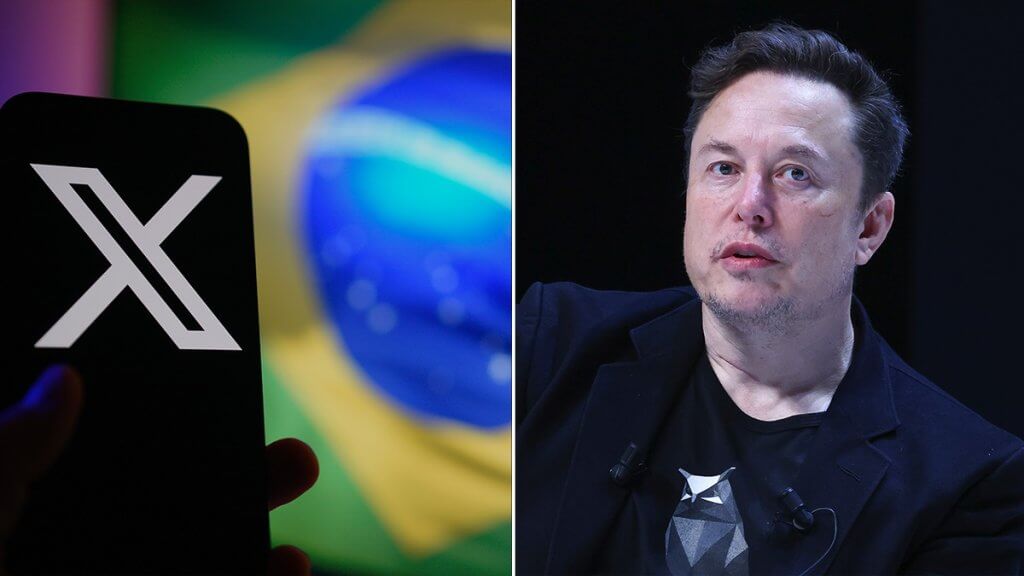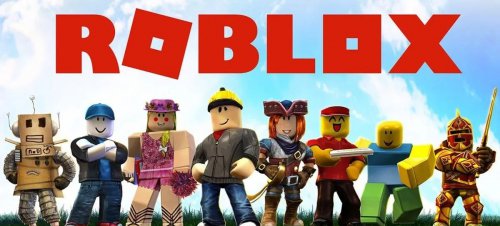In August 2024, Elon Musk encountered considerable difficulties while trying to oversee X (previously known as Twitter) in Brazil. These challenges ultimately resulted in the halting of his efforts. The primary reason for this halt was a heated dispute between Musk and one of Brazil’s Supreme Court Justices, Alexandre de Moraes. This disagreement centered around matters concerning content moderation and adherence to local laws.
The Start of the Tensions
The height of the global cultural debate happened in 2022 when Elon Musk took over Twitter. One of the main challenges during this takeover was managing content, especially in Brazil, where tensions became very serious.
The acquisition prompted Musk to make aggressive statements regarding user content management, causing backlash from various national governments. However, things worsened in Brazil when Justice Alexandre de Moraes of the Supreme Court ordered X to terminate accounts spreading false information. These accounts also supported former Prime Minister Jair Bolsonaro and promoted extreme ideologies that threatened society.
Moraes vs Musk: The Showdown Begins
Justice de Moraes ordered the suspension of several accounts on X in early 2024, accusing them of obstructing justice and inciting violence. Despite the court’s order, X refused to comply under Musk’s leadership, triggering a legal battle. In April 2024, Musk took a public stance against de Moraes, criticizing the judge on X and threatening to expose legal decisions that could tarnish his reputation. Although Musk did not follow through on his threat immediately, this began an intense feud between the two.
X Shuts Down in Brazil
On August 18, 2024, Musk shut down X’s offices in Brazil, pulling his legal representation from the country. Justice Moraes then issued an unusual subpoena, tagging Musk on X’s Supreme Court profile, demanding the company appoint a legal representative within 48 hours or face suspension. Musk ignored the order, suspending the platform on August 30, 2024.
In his ruling, Moraes cited that X was obstructing justice by allowing the reactivation of previously banned accounts, which included individuals accused of spreading disinformation. The refusal to suspend these accounts and Musk’s public defiance led to fines of nearly $3.5 million.
Legal Basis for the Ban
Justice Moraes argued that the Brazilian Internet Civil Act holds platforms accountable for harmful content. He noted that companies such as Google and Meta had followed similar rulings. Moraes emphasized that Musk’s failure to comply was a direct violation of Brazil’s legal standards, particularly its rules on free speech and the need to combat disinformation. This led to the court ordering the suspension of X until all fines were paid and court orders were followed.
Wrap up
The situation highlights the ongoing struggle between Silicon Valley businesses and governments over content control, free expression, and responsible communication. It also raises questions about the extent to which authorities should restrict the operations of tech companies like X.




















